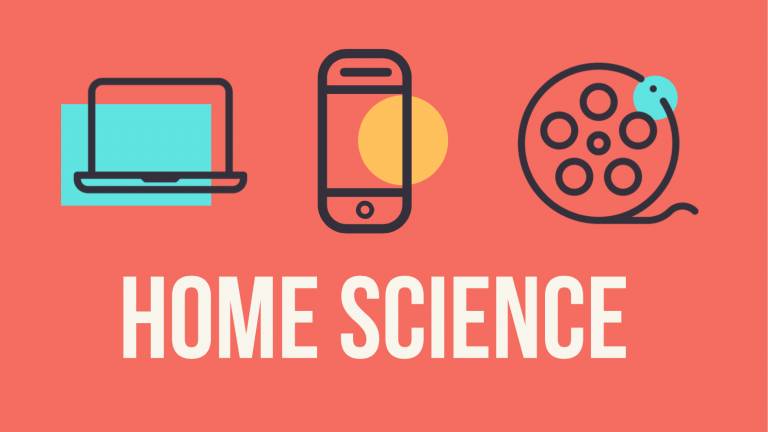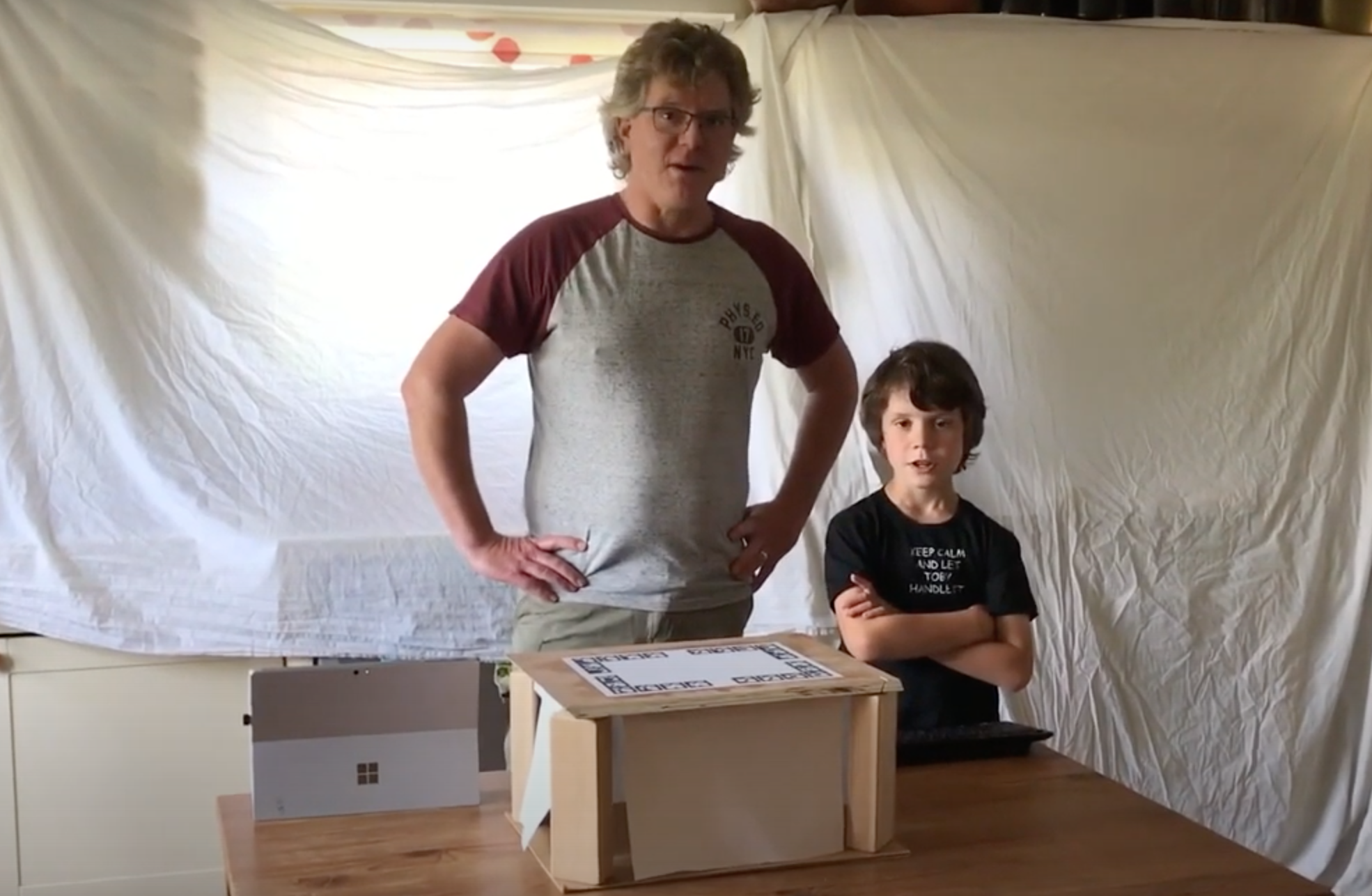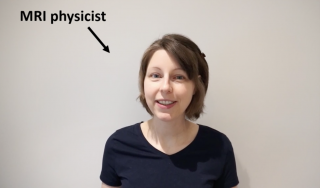Let’s Get Digital – Training Series Takes Staff and Students Through Creating Public Research Videos
3 July 2020
This short series in May 2020 took 30 staff and students through the essentials of breaking down and presenting research online using videos for public audiences. Led by professional science communicators participants could try out and get feedback on their own videos.

Knowing how to break down and communicate your work clearly is an essential skill in research, whether you’re communicating to funders and partners or to the public and patients to improve research impact.
During the COVID-19 lockdown this is something we’re all having to learn to do digitally, as well as looking more generally at how we can get resourceful when working and living from our own homes, exploring how to keep ourselves and children entertained!
It was all these things that we wanted to tap into when we set up the short ‘Home Science’ training course, equipping staff and students with the skills to break down, communicate and present research clearly online to public groups.
Thirty staff and students took part in four interactive webinars led by Sarah Cosgriff and Duncan Yellowlees, freelance science communication professionals, with the support of Dan Taylor, WEISS Public Engagement Manager.
“Thanks for organizing the Home Science course, I think it was a great success and I learnt a lot! - Training Participant
The sessions went through how to identify, break down and present research in a clear and engaging way digitally, with everyone able to submit short videos for feedback. You can see some of the finished pieces on YouTube here.
Some of the key lessons learned were:
- Do Your Planning - Digital engagement can be tricky as it needs to be short and engaging, so think hard about what you want to communicate and who it’s for, cutting information down to suit these ruthlessly to give time to explain complexity.
- Get Creative – Think of possible find big, visual ways to break things down with metaphor (we love this example) or demonstration. If there’s something people repeat in their own houses even better, as they can try it themselves or play along.
- Get them Hooked - Try to keep people interested with ‘hooks’, such as relatable examples, posing questions to camera and thinking about exciting wow moments in demos and information reveals.
- Frame Yourself - Find a plain but colourful background if possible, then test the lighting to make sure you’re not in shadow, dingy, or ‘flushed out’, you can use table lamps to adjust this, opening or closing curtains to help.
- Show Your Passion - Energy is infectious, even over camera, so think about how you present information through presentation style and tone. It can help to stand up, putting your camera somewhere high, such as a shelf.
- Talk to Camera - Think about how you engage with your audience, looking at the camera, speaking clearly and bringing them into the conversation, asking rhetorical questions and where possible having live comments available for interaction.
“I learned that even when I don't notice, I might be using too scientific language. I need to pay attention to that - Training Participant
The series ended with chance for members to discuss their own experiences developing videos and demos and with presentations about next step opportunities from Inspire! education charity and Dr Elpida Makrygianni, Engineering Education Developer and Coordinator.
Let us know if you’re interested in your own digital engagement, there are many partners out there looking for researchers to connect with public groups as diverse as children to patients online. If you’re interested in finding out more contact Dan Taylor.
Thank you to Sarah and Duncan for the fascinating sessions and to all our participants who took an active and enthusiastic part in all the sessions! Take a look at some of the videos they produced here.
The series was funded by the Wellcome / EPSRC Centre for Interventional and Surgical Sciences for staff at the centre, School of Medical Physics and Biomedical Imaging and Institute of Healthcare Engineering.
 Close
Close


 Steve Thompson had some assistance in explaining how augmented reality supports medical professionals in operations.
Steve Thompson had some assistance in explaining how augmented reality supports medical professionals in operations.